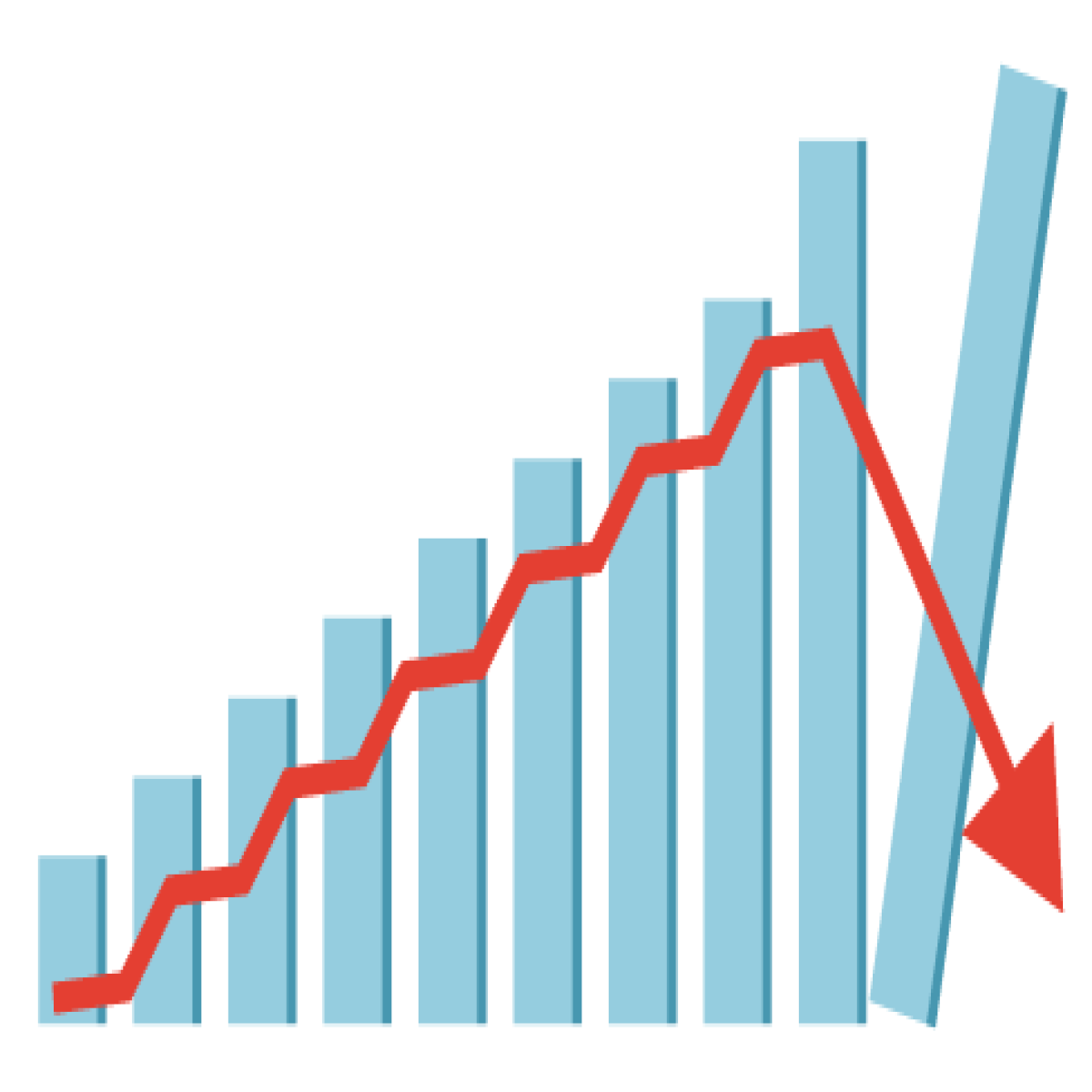Ready to see the market clearly?
Sign up now and make smarter trades today
Education
June 3, 2024
SHARE
What is a Spread in Financial Markets?
A spread is most commonly what is referred to when talking about the price difference between the best price the asset in question is available to buy and sell in the market, known as the bid-ask or bid-offer spread. The term spread is also used to refer to the gap between prices in rates or yields.
A trader must understand spread to maximize profits and avoid losses. Read on if you are interested in learning about liquidity, the importance of the spread, what constitutes a tight spread, and why spreads sometimes widen. We’ll go through all the fundamentals in this post.
Liquidity
Liquidity is the lifeblood of the market. Without liquidity, there would be no market.
When a market is highly liquid, it means large transactions can be facilitated with ease. But if a market is illiquid, then even the smallest of trades can drastically move the market price. Illiquid markets mean more volatility, more risk, and just generally messier trading.
- Bids & Offers
There is not just one price for an asset as beginners commonly think—but two prices. This is the bid and the ask price (sometimes called the bid and the offer).
The bid price is the highest available price a buyer or buyers is ready to pay for the security, while the ask price is the lowest price a seller or sellers is willing to sell the security.
A transaction only occurs when a participant or participant agrees to sell at the best bid, or buy at the best offer, and the liquidity is taken.
- Making A Market
Making a Market is when a dealer or maker sits in the market with a two-sided quote, ready to facilitate the sale or purchase of a security.
These dealers often hold many securities in their inventory by offering to sell them at the asking price, and accumulate them when their bids get hit.
Making a market increases the liquidity of the assets and makes it easier and cheaper for traders to sell or purchase them.

Why is Spread Important?
Spread can be defined as the difference between the seller’s ask price and the buyer’s bid price for a particular financial security.
The brokers profit through the Spread by charging a fee on the difference between the two prices. The Spread is impacted by liquidity and the rate of change in the price of the financial security traded.
- Cost of Market Orders
The Spread can be understood as the trader’s cost for each market order carried out through a broker or exchange. ESsentially, a spread is the compensation for the immediate facilitation of a trade.
What is a Tight Spread?
A Tight Spread means that the difference between the asking price and the bid price is low.
A Tight Spread indicates that both the seller and buyer agree on the market value of the financial security traded. A Tight Spread illustrates a highly liquid market such that it is easy to sell the financial security at a fair price.
- Illiquid vs. Liquid Markets
A liquid market represents a market where it is easy to sell or purchase a security at a fair price. Many traders are present in the market, and there is no room for negotiation. An example of a liquid market is the stock market.
An Illiquid market represents a market where it is difficult to sell or purchase a security at a fair price. This is due to fewer traders present in the market and more room for negotiation. An example of an Illiquid market is the Real Estate Market.
The ease with which the security can be sold determines whether the market is liquid or illiquid.
Why Do Spreads Sometimes Widen?
Spreads can be impacted by the market’s liquidity or by the rate of price change. Either of these factors can cause the Spread to widen or shrink. A change in liquidity of the market caused due to a market event can make it challenging to sell a security which can widen the Spread.
- Spread As A Proxy For Risk
When the market is too volatile, or an event has recently impacted the market, the traders become anxious to make a trade. As the risk is high, the Spread of the security widens as traders are not willing to take on risk in the market. Often, unless there is a liquidate mandate such as in some stock markets, market makers will beginning pulling quotes. In this manner, Spread can often become a proxy for risk in the financial market.
- Slippage
Slippage is the difference between the price at which a trade is expected to be executed and the price at which it is traded.
Due to the volatility of the financial market, the prices of securities are constantly changing. This can cause a difference between the price at which the trade is initiated and executed.
Wrapping Up
The width of an asset’s spread can at first appear to be a small element when it comes to trading, but it can have a significant impact on a trader’s profits.
A trader must understand spread and analyze the impact of liquidity and how it affects their trading costs.
Unlike most trading platform, Bookmap actually shows you the inside spread, and how this best bid and offer has changed over time. To gain this vital edge, try it out today for free. Click here to get started.